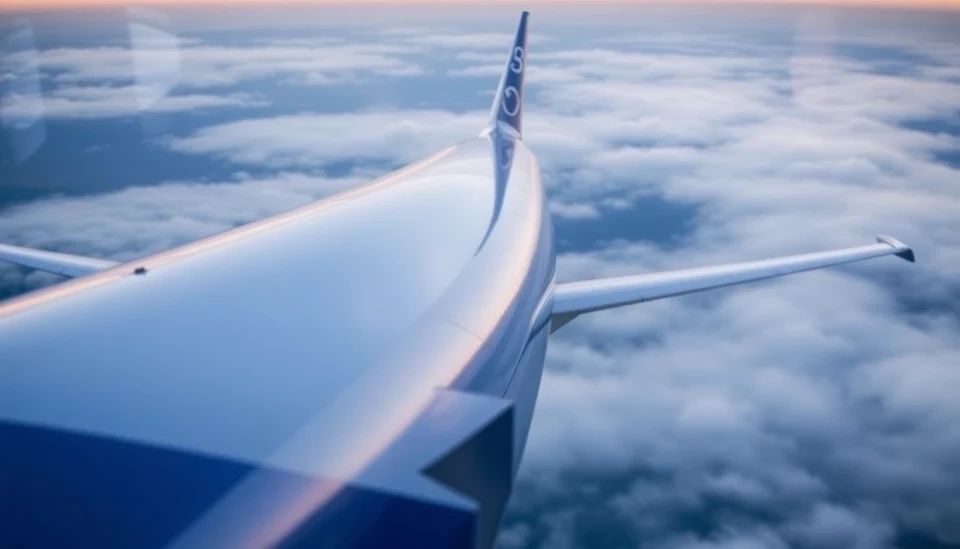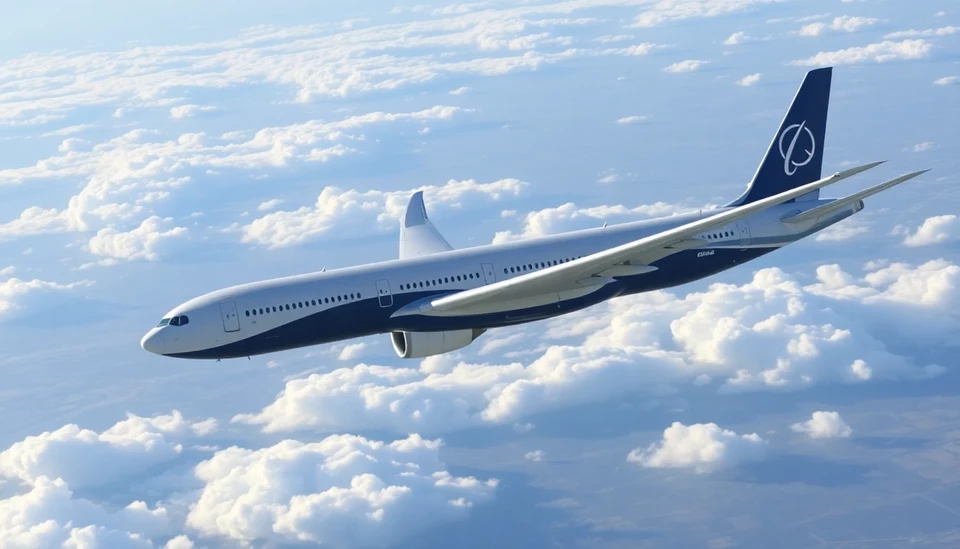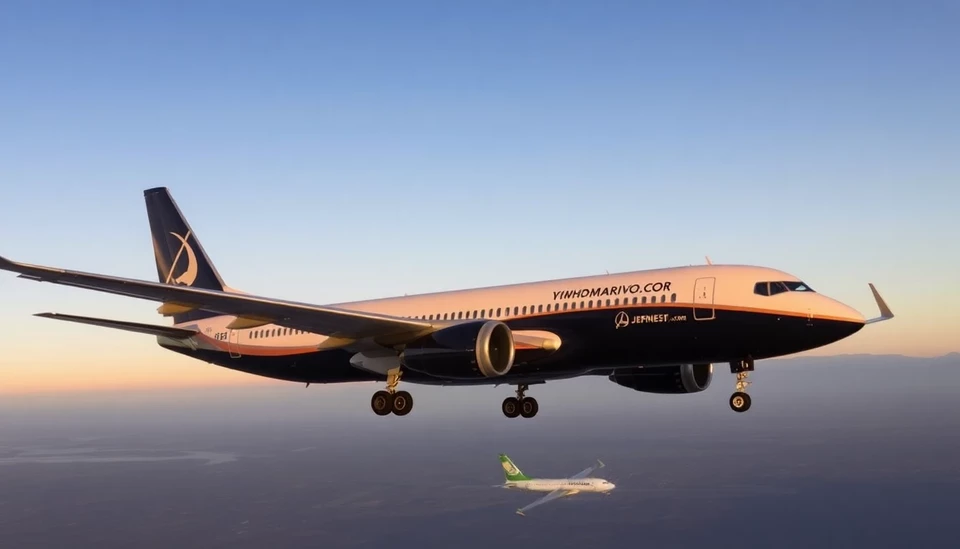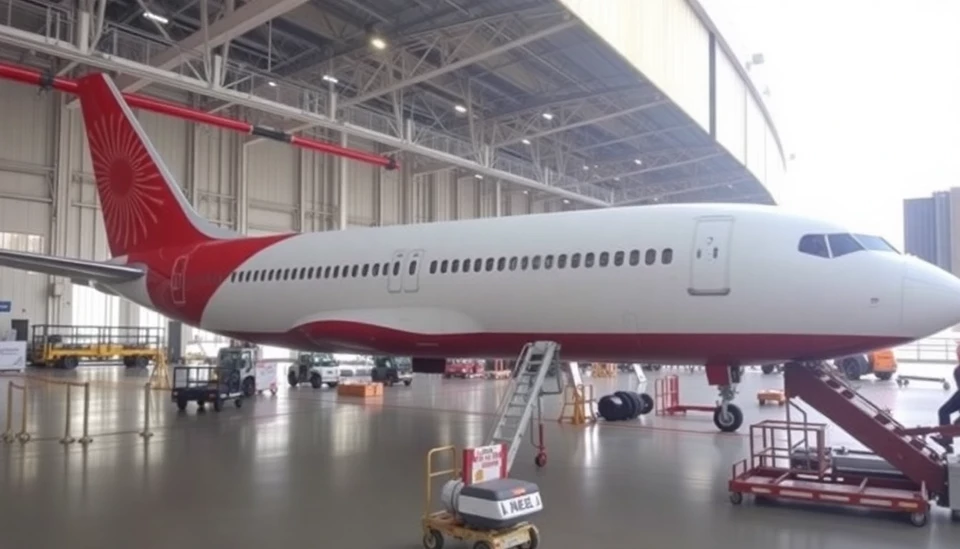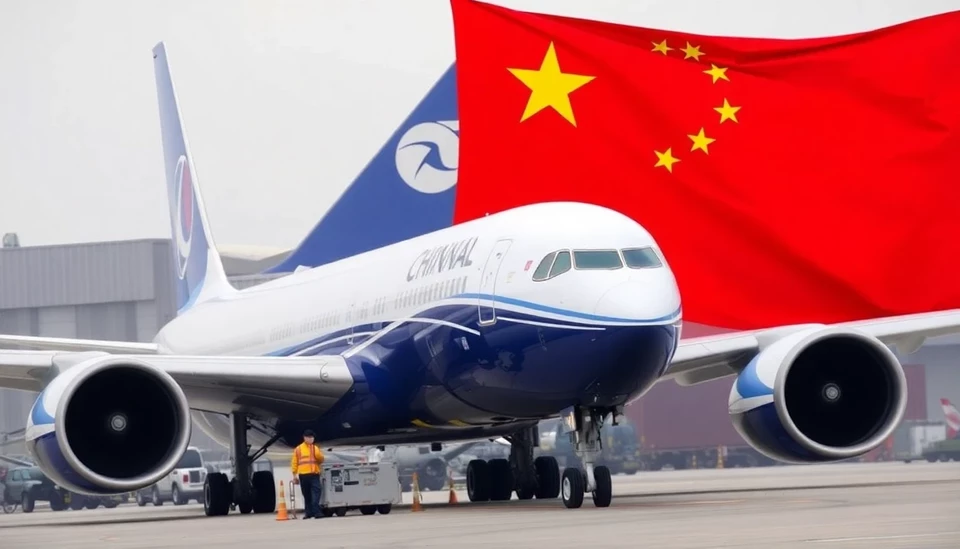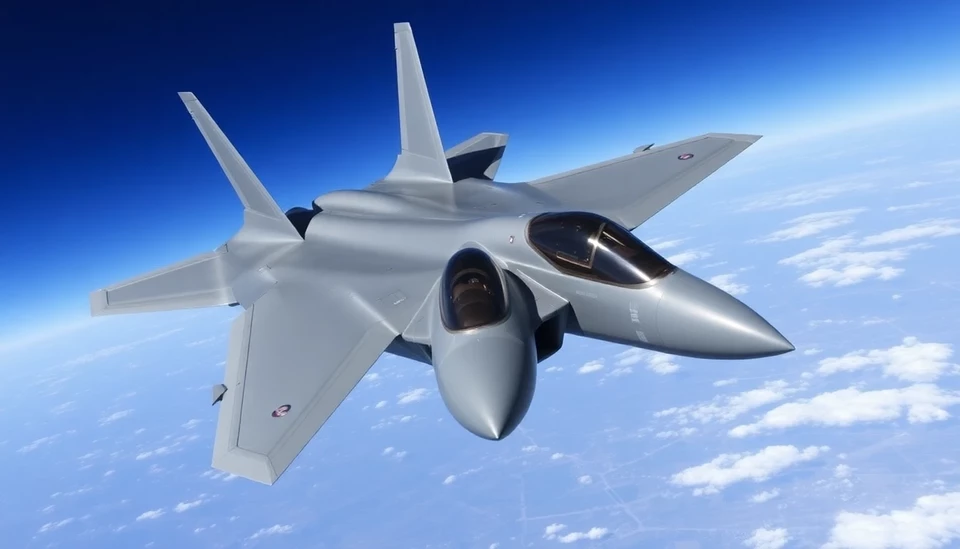
In a significant development within the aerospace sector, Boeing has reportedly outmaneuvered its rival Lockheed Martin for a lucrative contract to build the next-generation fighter jet for the U.S. Air Force, a contract valued at an astonishing $50 billion. This contract marks a pivotal moment for Boeing, as it expands its footprint within the military aviation sector, gaining an advantage in a highly competitive marketplace.
The decision comes after a lengthy evaluation process that underscored Boeing’s capabilities in innovative technology and efficient production methods. Analysts cite Boeing’s strategic investments in research and development as key factors that contributed to their selection over Lockheed, a company that had previously held a strong position in the fighter jet domain.
Boeing’s winning proposal is said to emphasize advanced avionics, stealth capabilities, and superior maneuverability — features deemed essential for the future of air combat. The U.S. Air Force is increasingly focusing on integrating cutting-edge technologies into its aircraft, and Boeing's offering is tailored to meet these emergent needs robustly.
This selection comes at a time when defense contractors are under pressure to modernize their fleets in response to rising geopolitical tensions globally. With systems including artificial intelligence and enhanced communications, the next-generation fighter jet is expected to provide unmatched operational capabilities, positioning the U.S. military advantageously against potential adversaries.
The announcement has also sent ripples throughout the defense industry, with suppliers and stakeholders in Boeing’s ecosystem readying their operations to align with the contract fulfillment timeline. The economic impact is likely to be significant, contributing to job creation and technological advancement within the aerospace sector.
As Boeing gears up to commence work on this ambitious project, the company’s leadership expressed their commitment to delivering a state-of-the-art aircraft that meets the exacting standards of the U.S. military. This victory reflects Boeing's resilience and forward-thinking approach amid intense industry competition and the evolving landscape of military aviation.
In conclusion, this landmark contract not only signifies a shift in leadership within the fighter jet manufacturing arena but also showcases the U.S. government's ongoing commitment to advancing its military capabilities. Boeing’s success in securing this contract sets the stage for future innovations and strengthens its position as a premier defense contractor.
#Boeing #LockheedMartin #FighterJet #Aerospace #DefenseContract #USAirForce #MilitaryAviation #NextGenAircraft
Author: Victoria Adams
